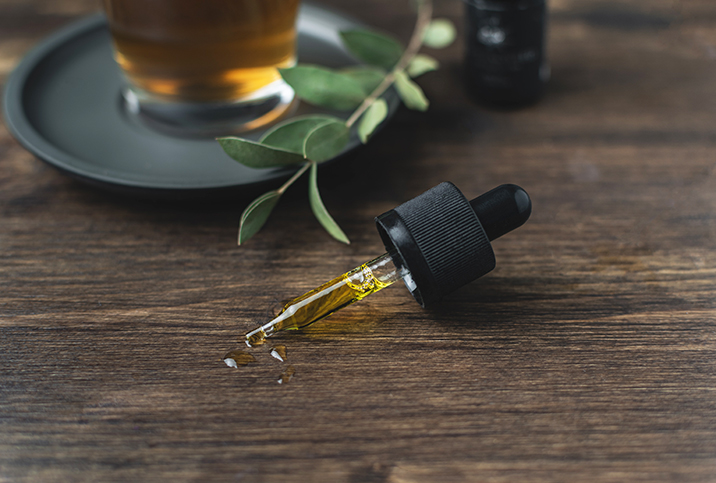Opioids: Myths & Misconceptions

The group of medications known as opioids are prescribed to relieve pain by interacting with the opioid receptors in your brain cells to muffle the perception of pain, according to the Mayo Clinic. While these drugs can be effective tools for pain management when used correctly, they can be lethal in high doses and are highly addictive.
The reason opioids can be so addictive is because they both dull your perception of pain and boost feelings of pleasure.
We found five common myths about opioids and then sought out what medical experts have to say about the facts.
Myth: Everyone who takes opioids will become addicted.
Reality: Whether you become addicted to opioids—any substance, for that matter—depends in large part on your own personal risk level for addiction. A family history of addiction, certain mental issues and a personal history of substance abuse are factors that put an individual at a much higher risk for addiction. If you are suffering from chronic pain, you should talk to your doctor about the safest and most sustainable way to manage your pain. While opioids may help relieve pain in the short term, taking them long term has the potential to cause complications.
Myth: Taking higher doses of opioids makes them more effective.
Reality: This is a dangerous misconception. When it comes to opioids, it's very important for your health and safety that you take only the dose prescribed for you. In fact, taking higher doses of opioids has been found to raise the body's tolerance to pain medicine. This can make your chronic pain worse, while making the opioids less effective in treating it.
Myth: Addiction is the only risk associated with opioid use.
Reality: Taking opioids for long periods of time not only puts you at risk of addiction but also for other serious health conditions and side effects. For example, sex drive can be negatively affected by opioid use because of the way the medication interacts with the hormones in the body. Taking opioids can also put you at greater risk of chronic constipation, urinary retention, weight gain and delirium.
Myth: Opioids cure pain.
Reality: While the initial effects of opioids may seem like the cure to all of your chronic pain problems, the reality is quite different. Opioids can only mask the symptoms of your pain, and they do nothing to fix the source of it. And because long-term opioid use can be risky, it's a good idea to talk to your doctor about ways to address the source of your pain. If your pain is the result of a chronic condition, you may want to consult your doctor about how you can safely and sustainably manage your pain in other ways.
Myth: I should never take opioids.
Reality: Opioids are powerful substances that can be extremely dangerous when used the wrong way. Despite that risk, they can be an incredibly effective tool for relieving pain for short periods of time, such as after major surgery or during recovery from an extreme injury. If you have been prescribed opioids to relieve your pain, talk to your doctor to come up with a pain management plan, so you have alternative strategies to deal with your pain as you come off the medication.

















